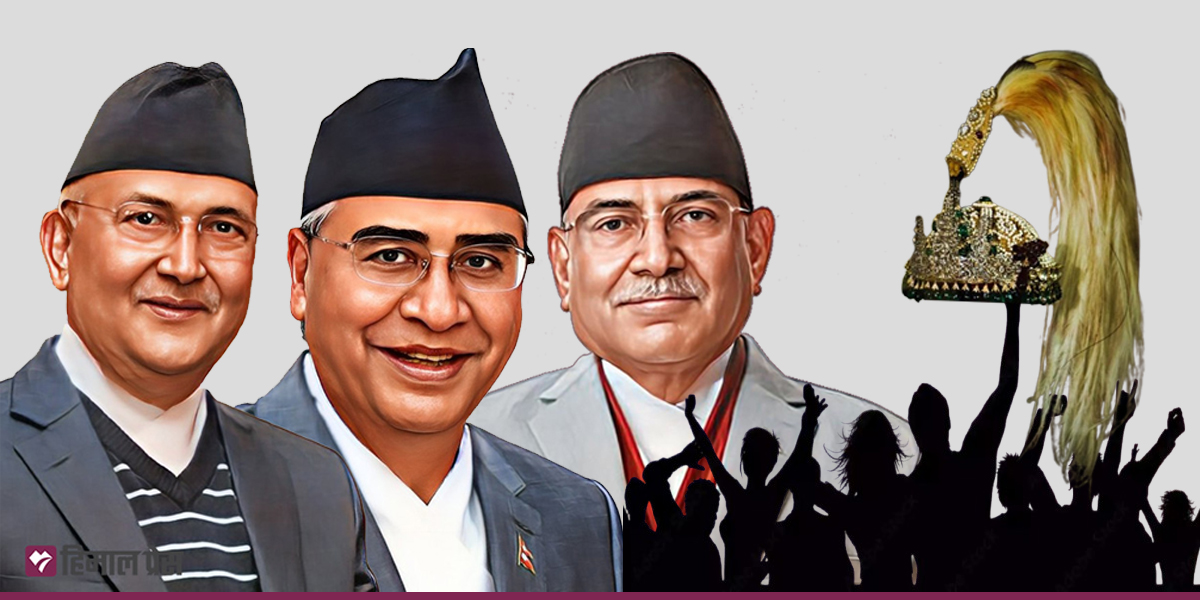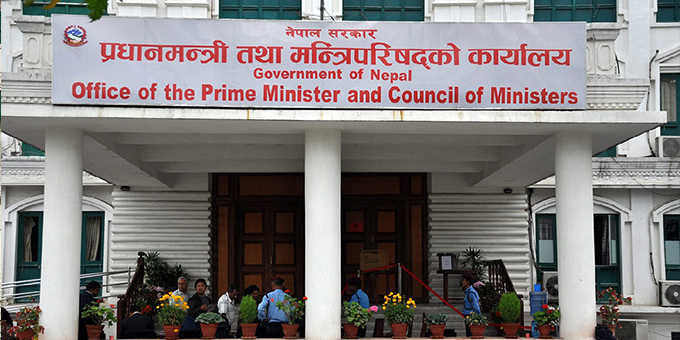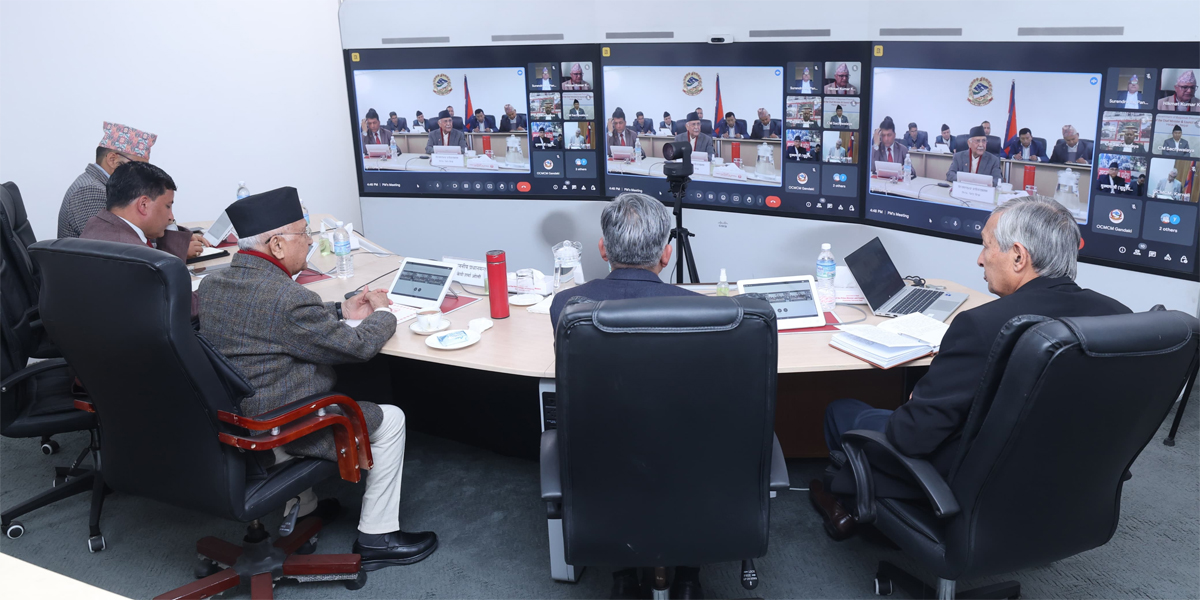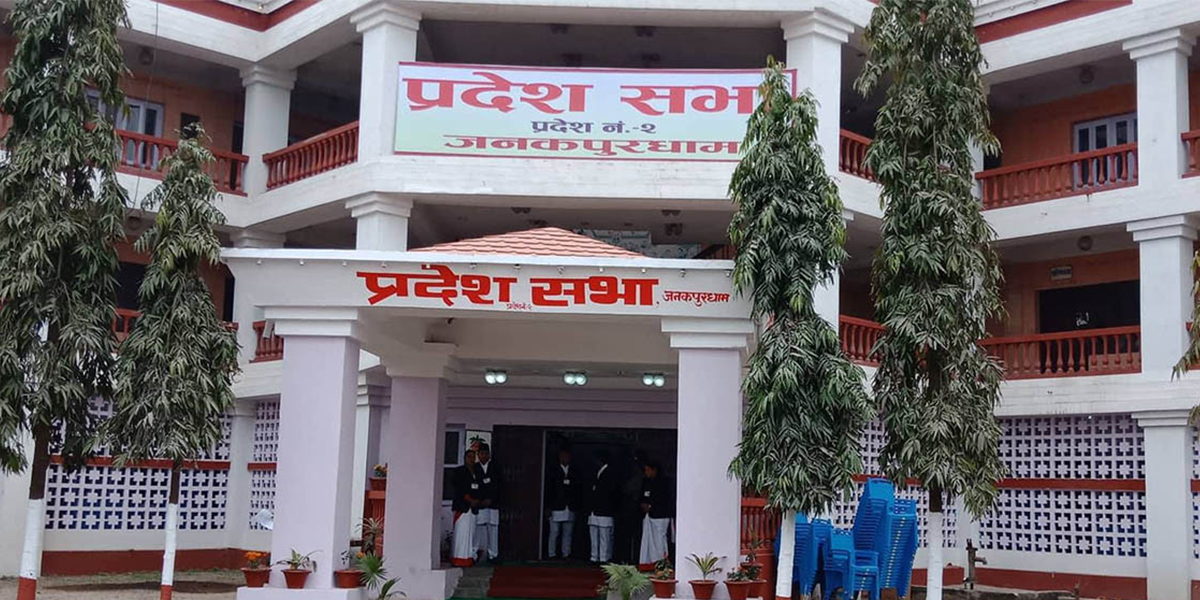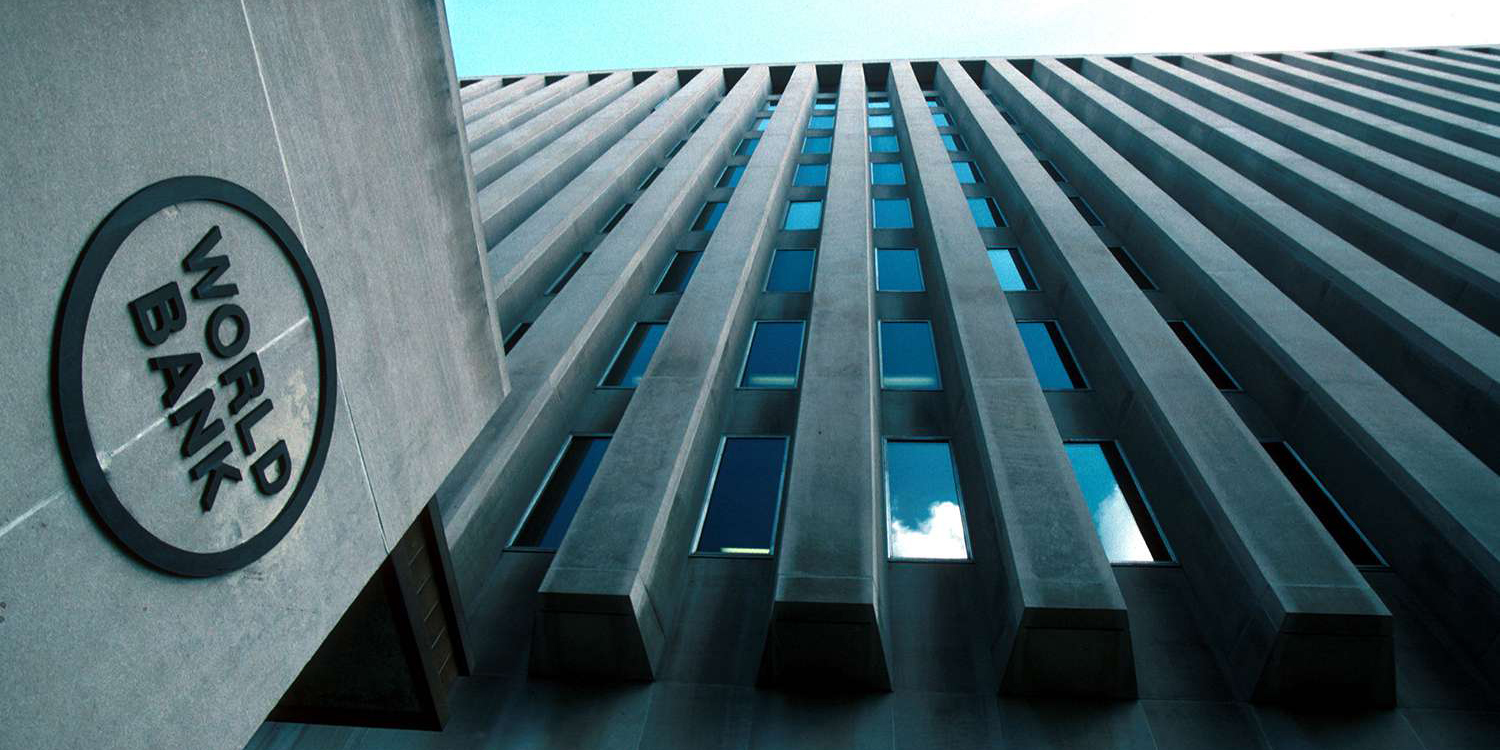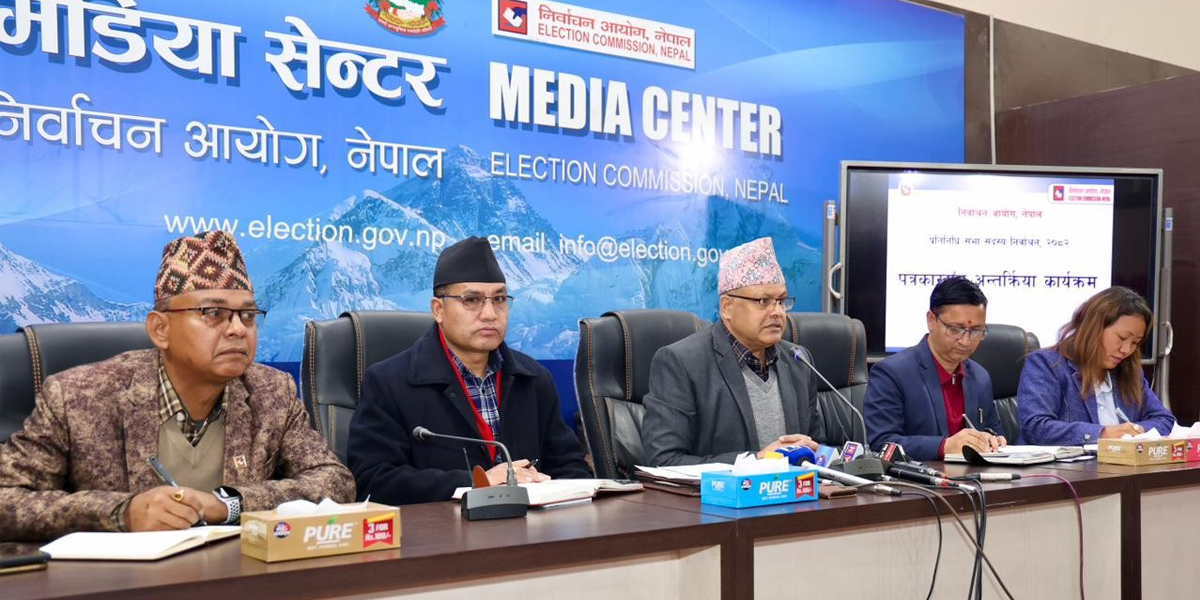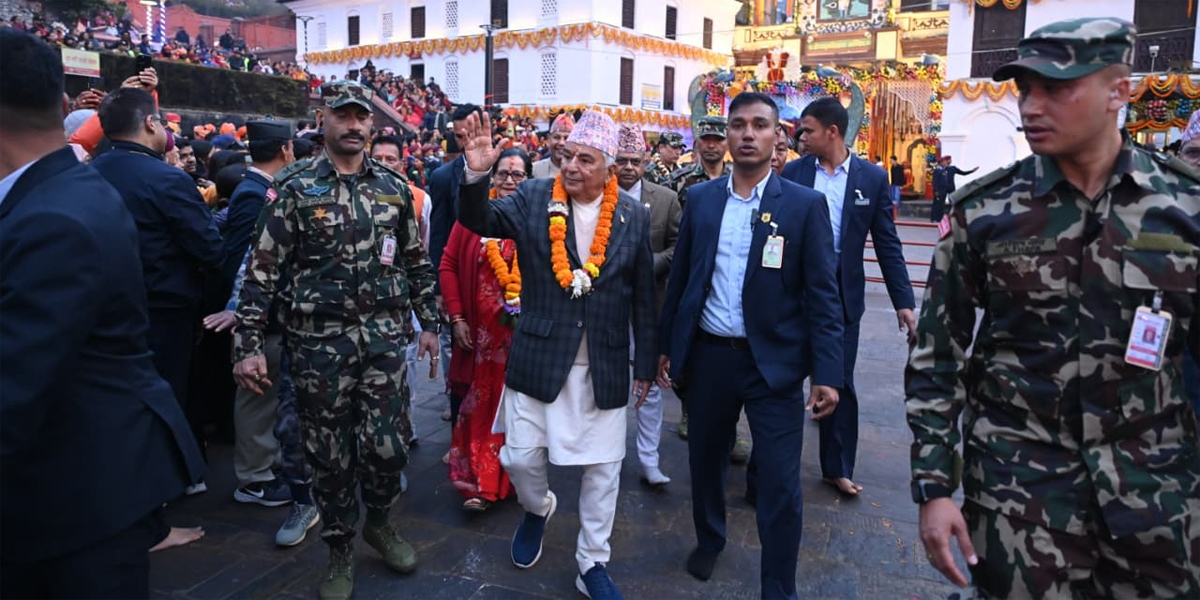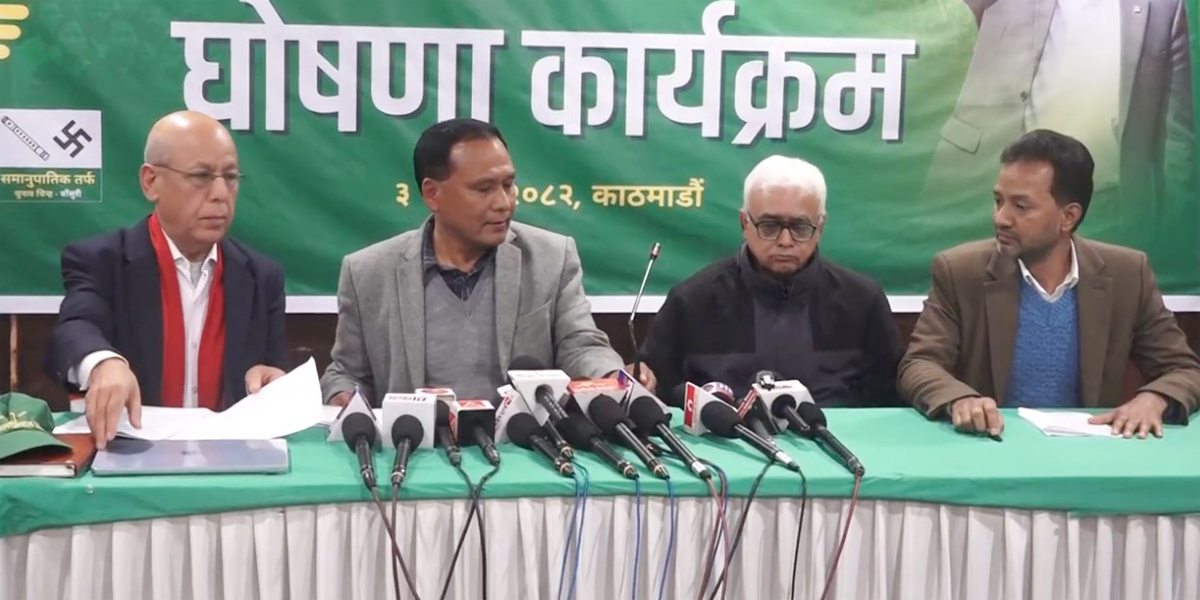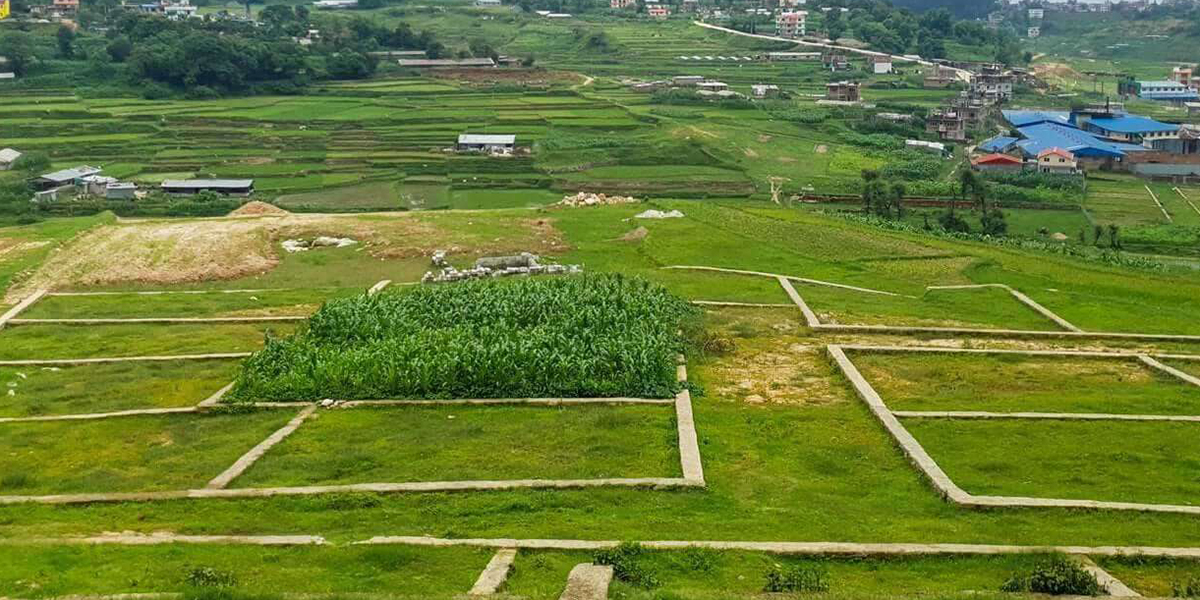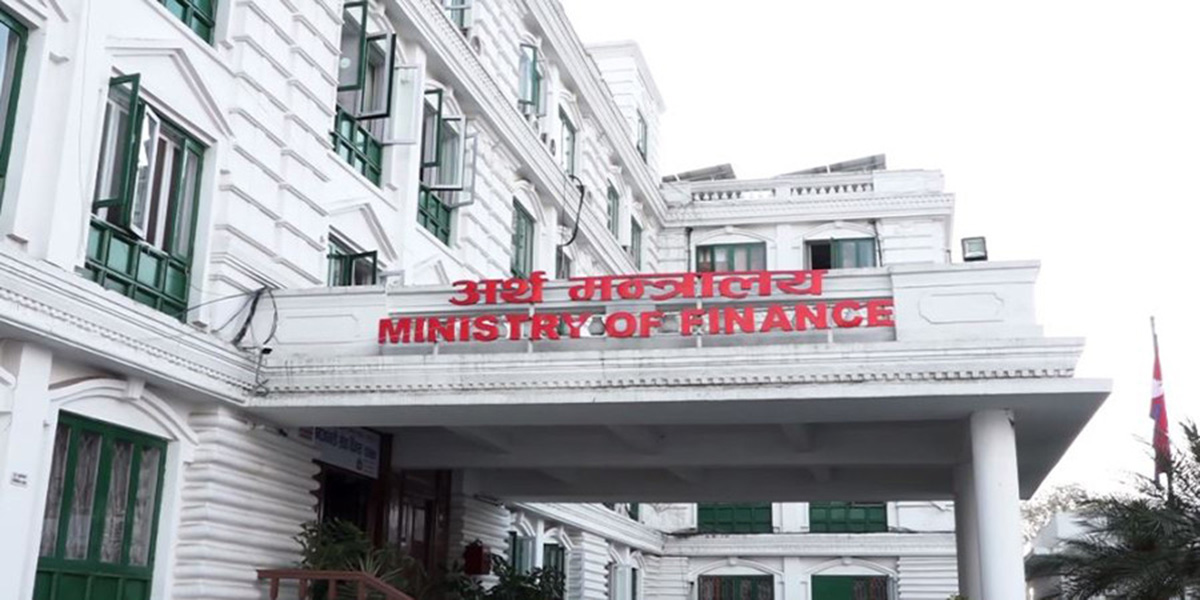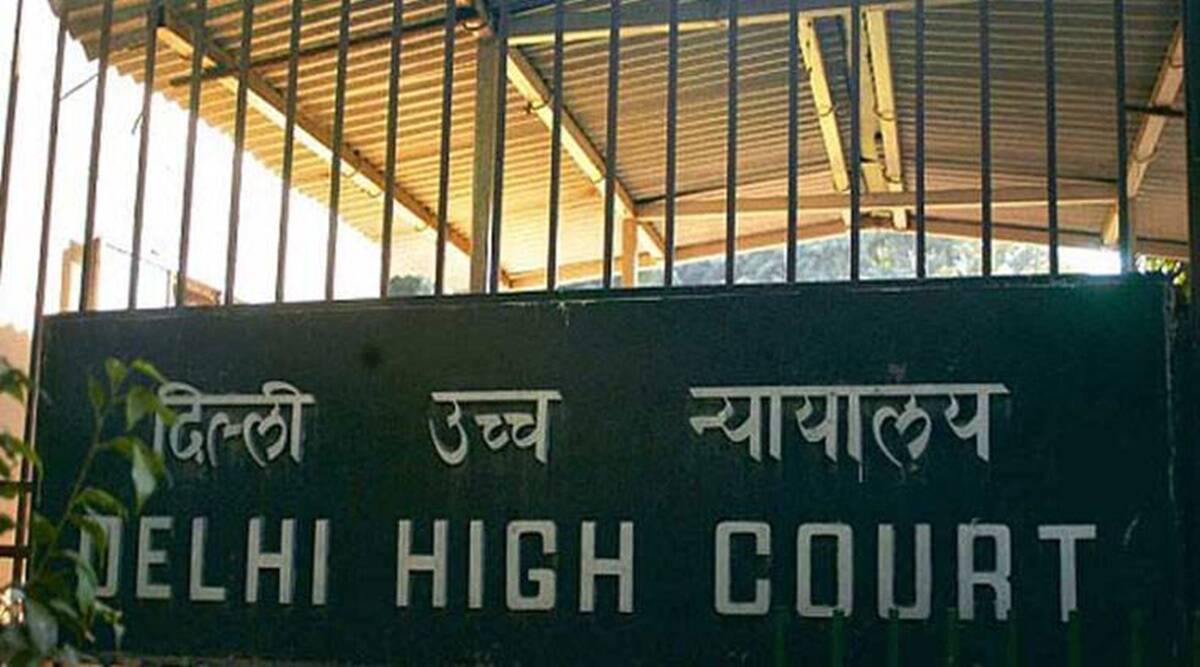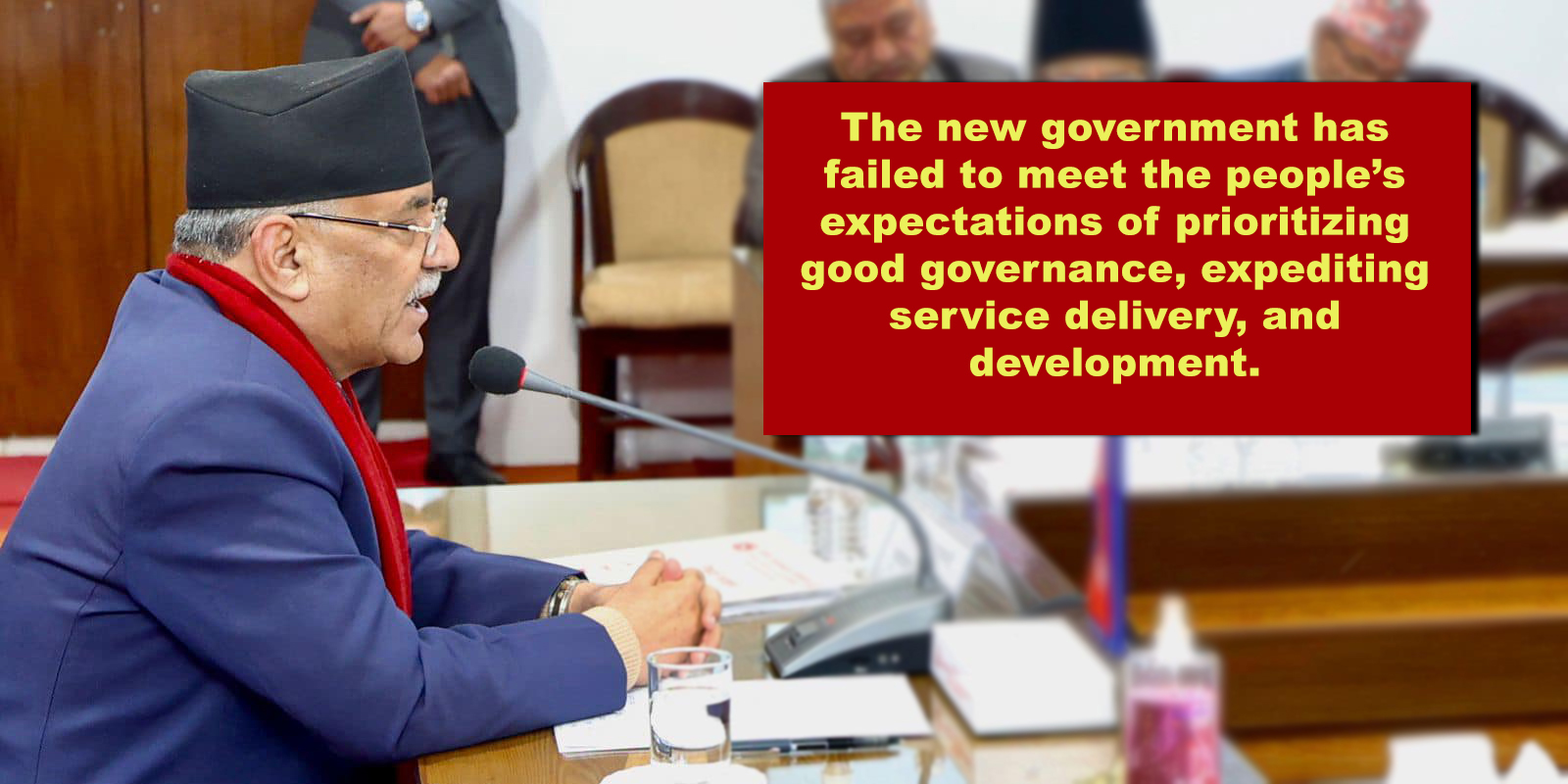
KATHMANDU: The first decision taken by the Pushpa Kamal Dahal-led government was to enhance service delivery at government offices. Specifically, the government aims to expedite the issuance of passports, driver’s licenses, and other related documents by improving service delivery at these offices.
As part of this effort, the cabinet instructed the Ministry of Home Affairs to eliminate the long-standing issue of queues for passport applications and ensure that citizens do not face inconveniences. The ministry accordingly instructed its subordinate agencies to implement these measures. Similarly, the government has instructed transport management offices to address the issue of overcrowding and streamline the process of distributing driving licenses.
However, there has been no discernible progress in several critical areas such as strengthening the economy, addressing revenue leakage, promoting good governance, and enhancing public services. Consequently, the optimistic sentiment that was generated by the government’s initial steps to streamline public services has started to dissipate.
For instance, the queues at passport offices continue to persist, causing frustration among citizens. Complaints about inadequate services in hospitals persist, and land revenue and district administration offices have not been able to provide prompt services. While inflation has hit the roof, regulatory bodies tasked with monitoring and overseeing government actions appear to be functioning slowly.
Despite the constitutional orientation towards socialism, the government has failed to establish an effective mechanism to provide basic facilities to the citizens. Consequently, individuals are often left to navigate difficulties on their own. Even if the government announces plans to improve public services, its failure to implement these plans creates skepticism among citizens about the state’s ability to deliver on its promises.
A functional state can help citizens overcome financial difficulties by protecting them during times of crisis. However, declining industrial production, rising prices, reduced purchasing power, private sector frustrations, and sluggish economic activity require a comprehensive and thoughtful economic strategy. Unfortunately, the country has made little progress in developing its industrial sector. As a result, more and more young people are compelled to seek opportunities abroad.
Boosting employment within the country would not only help families stay together but also stimulate economic activity. However, the lack of agricultural production and inadequate transportation infrastructure pose significant challenges for industrialists. Farmers are increasingly frustrated due to difficulties in getting their produce to the market, resulting in protests where they throw their crops on the roads. Despite the existence of three tiers of government – federal, province and local, the slow response to these challenges highlights the sluggishness of the government machinery.
The government has not conducted a thorough investigation into the high prices of goods and services in the market. It remains unclear whether the price increase is due to real market forces or artificial manipulation. If it is determined that the price increase is unjustified, then appropriate action should be taken against those responsible. Allowing monitoring and regulatory bodies to function slowly and neglecting the market’s oversight will only exacerbate the country’s difficulties. Furthermore, the private sector is experiencing significant frustration. Obtaining loans from banks is becoming increasingly difficult, and the costs of production inputs ranging from electricity to milk are prohibitively high. Consequently, the price of products or services has also gone up.
Since the country’s recent election, politics has dominated all activities of the government for four months.
The sluggishness of public works has been a persistent issue for years, and the public does not feel that the government has made significant efforts to address this problem.
Since the country’s recent election, politics has dominated all activities of the government for four months. The new government has failed to meet the general expectations of prioritizing good governance, expediting service delivery, and development.
Nonetheless, the government has taken steps to alleviate overcrowding in government offices by opening them even on public holidays. The cabinet and the Ministry of Home Affairs have devised a plan that specifies which offices will remain open on which holidays. According to this plan, the government offices will not be open on 52 Saturdays of the year. However, they will be open on public holidays associated with festivals, processions etc of communities that make up less than 3-4% of the total population.
Nepali Congress leader and Member of Parliament Ramhari Khatiwada is critical of the government’s lack of consistency in decision-making and implementation. He believes that the intent of the current government, which is unable to make and implement decisions effectively, is becoming apparent. For instance, he points out that the government has failed to take any meaningful steps to simplify the process for the general public to obtain passports.
“Upon assuming power, the Prime Minister and ministers visited the passport department and expressed their interest in improving it. However, the queues are still as long as ever. How long will ordinary citizens have to wait in line all night to obtain a passport?” he said, addressing the parliament recently. “How justifiable is it to charge people up to Rs 20,000 for a passport that costs only Rs 1,400?”

 Himal Press
Himal Press 
